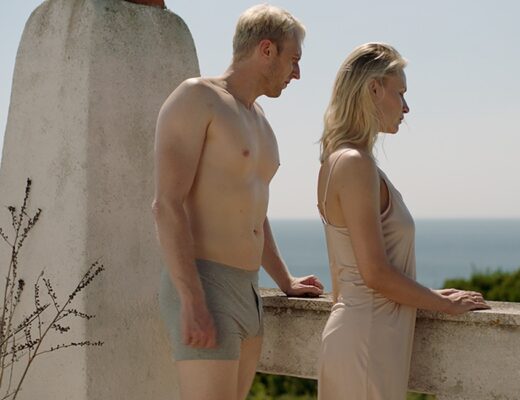Iannucci’s latest isn’t quite a natural fit for the director, but he still mostly succeeds by injecting his trademark levity into the spirited core of Dickens’ text.
Armando Iannucci has basically staked his career on writing whiplash-inducing scripts featuring rapid-fire witticisms that are, structurally, integral to the stories that he wants to tell. In other words, the filmmaker’s preferred mode isn’t particularly Dickensian or Victorian; given the choice of pre-twentieth-century British literary influences, the humorous neoclassicists and satirists feel like more obvious sources of shared DNA. But following Whit Stillman into mannerist Jane Austen territory, affording the director the opportunity to inject his comic sensibilities and particular rhythms into a stuffier period context, is a fairly logical pivot. So it does make some amount of sense that Iannucci would opt — when choosing from Dickens’ considerable catalogue — for the relatively frisky (for this author anyway) David Copperfield, and even shrewder that he would transform the narrative into something closer to fable — it’s a natural middle ground between Dickens’ inclination toward personal, misfortune-filled saga and the director’s skill with puckish levity.
To that end, Iannucci here is as visually playful as he’s ever been: wonky lensing, low-angle push-ins, and fuzzy frame edges all immediately set a frisky tone. Pastels and otherwise muted tones define interiors, paired with frequent displays of drabness and squalor, all lending the film a thematic cushion, and situating its story in more the realm of a yarn than grim class commentary. That stakes-lowering approach makes for pleasant viewing; it allows the transplanted Iannucci humor to indict without its usual acerbic undertones, and lends a certain cartoonish liveliness to The Personal History of David Copperfield‘s episodic structure. It also means that everything feels a bit breathless and rushed; there’s the sense that ticking off plot points is the dominant screenplay stratagem, and certain narrative developments are robbed of their proper gravity. In this sense, David Copperfield is still an uneasy fit for Iannucci: the writer-director’s wryness is applied more to visually mirthful signifiers, and to imbuing notability in characters with limited screen time, than to exploring the varied forms of corrupting, societal rot that have been his brand — and that here are mostly played for the requisite arch villainy necessitated by all fairy tales. Iannucci’s treatment is perhaps too clipped to muster much power, but if this approach, favoring trifle over nourishment, results in a capped ceiling, that’s really okay, because let’s be honest – Dickens was indulgent. It’s best that this isn’t.







